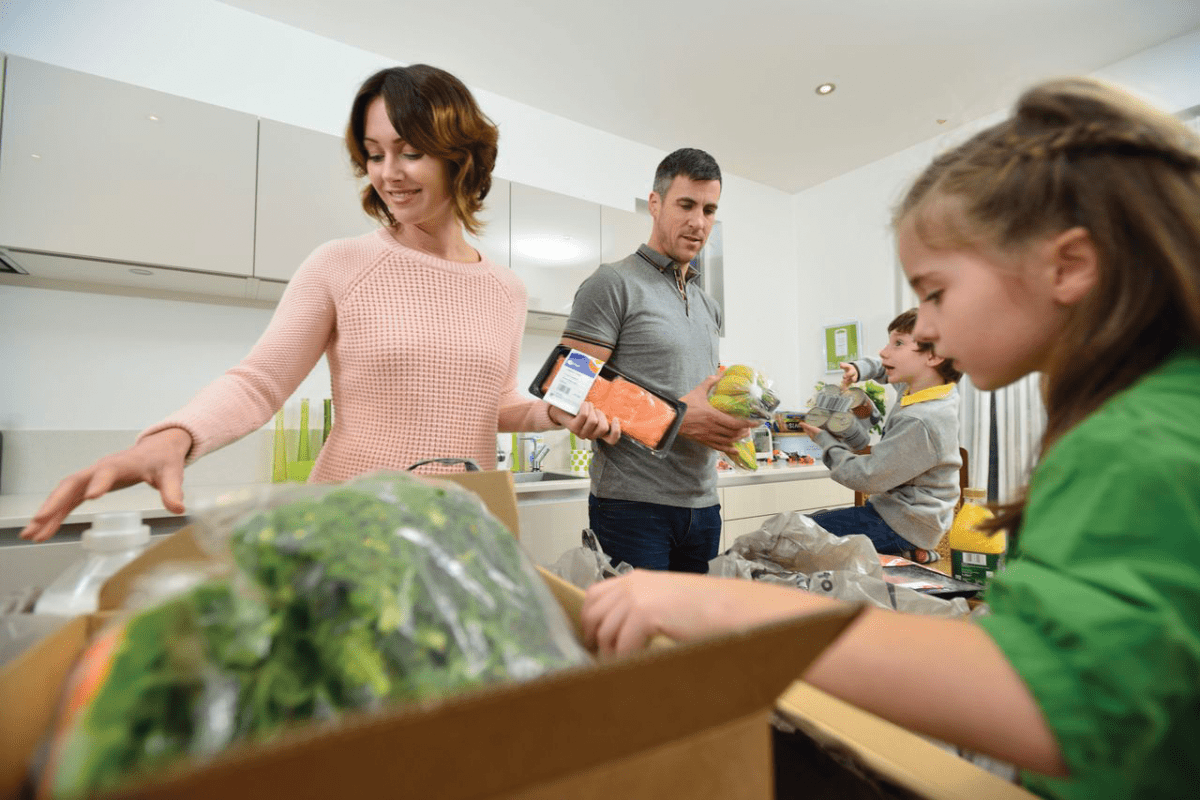Ocado has always taken an innovative approach to fulfilment, starting with its novel “hub and spoke” concept back in 2002, with “containers” for local deliveries stocked in a central warehouse and then distributed en masse to the “spokes”, where they were attached to delivery vans. The model enabled rapid geographic expansion for a company with one central “customer fulfilment centre” (CFC) and no physical presence in the towns it supplied.
Ocado started life delivering mostly Waitrose products before diversifying with multiple brands and private label. Today there are four CFCs in England with “spokes” stretching from Leeds to Bristol, while the company claims to be the world’s “largest dedicated online grocery retailer” with annual turnover approaching £1.5billion.
Obviously there are still opportunities for UK growth by expanding its geographic reach, but selling groceries in a single market clearly has its limitations. Hence Ocado’s strategy of forming new global partnerships with leading supermarket chains: while these international grocers provide the stock, Ocado brings its established delivery model and leading-edge technology to the partnership. It is a tactic that began back in 2014 when Ocado made its first deliveries for Morrisons. Since then it has added deals with Groupe Casino in France, ICA in Sweden, Sobeys in Canada and – most recently – Krogers in the USA. Online grocery shopping in many of these geographies is often well behind UK levels – around 1.5% of grocery sales in the US compared with 4% to 5% in France and 7% in the UK – and the threat from Amazon’s move into groceries is clearly having an impact. Or as co-founder and chief executive Tim Steiner put it in the company’s latest annual report: “We are in an increasing number of ongoing conversations with retailers across the world and significant mergers and acquisitions across the grocery industry this year have helped progress many of these conversations, most notably Amazon’s acquisition of Whole Foods. We are confident that we will be able to do further deals with the momentum of new signings building over time”.
The Kroger deal was signed in May 2018 with three sites for new CFCs likely to be identified this year and possibly up to 20 hubs across the USA within the next three years. While the investment needed for such rapid growth in CFCs is currently denting Ocado’s profits, in the longer term it may transform the business. As Steiner has said: “When selling technology, clearly you make a significantly different profit margin to selling kale”. Such developments will also demand much of Ocado’s IT and logistics capacity, as Duncan Tatton-Brown, Ocado finance director, has acknowledged. “Do we have unlimited capacity?” he said. “No. The message to anyone who was thinking of signing with us, is that you’d better get on with it.”






